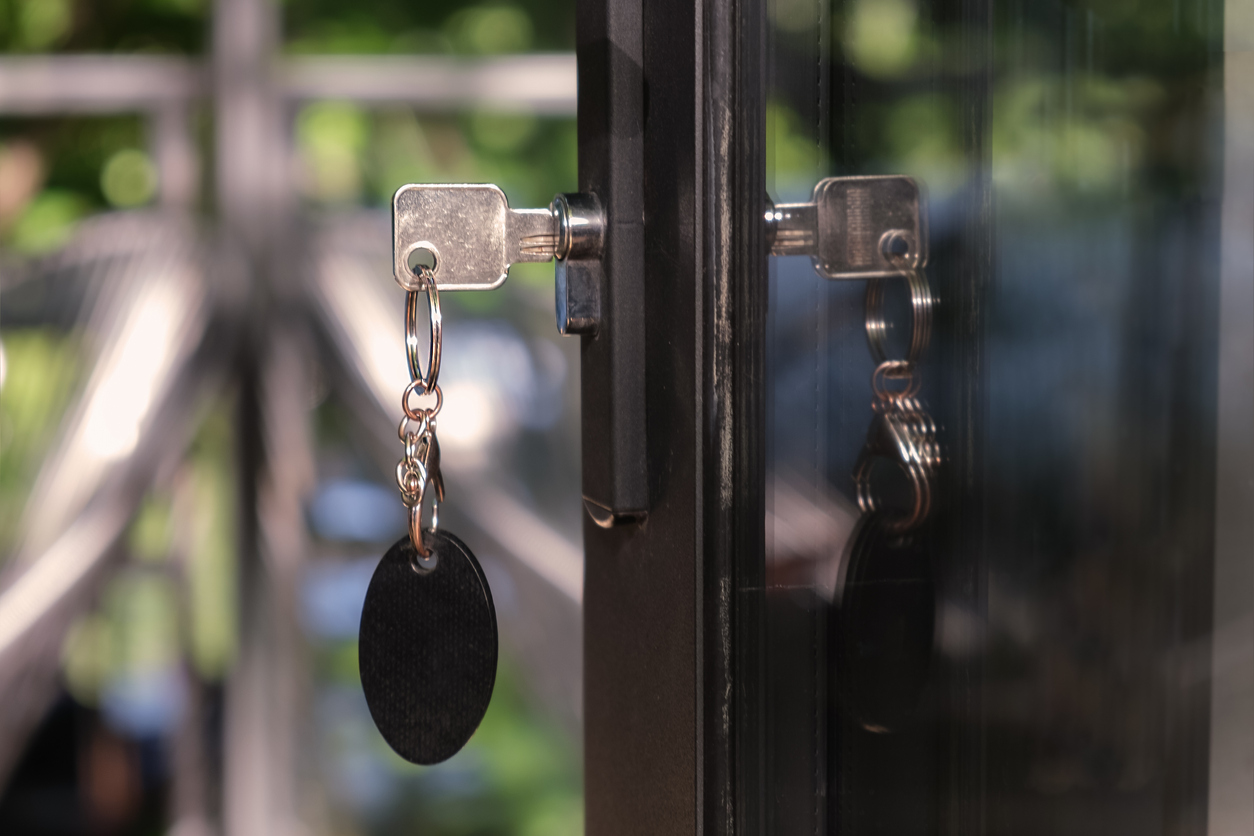Can a Landlord Enter Without Permission? Understanding Your Rights as a Tenant
Introduction
In the UK, tenants have the right to privacy and quiet enjoyment of their rental property. While landlords do have certain rights to access their property, they must follow legal protocols and respect the tenant's privacy. This guide explores the circumstances under which a landlord can enter a rental property, the legal requirements for notice, and what tenants can do if their rights are violated.
Legal Requirements for Landlord Entry
-
Reasonable Notice:
- Landlords must give tenants at least 24 hours' written notice before entering the property. The notice should state the reason for entry and the intended time of the visit. This rule applies to both scheduled maintenance and inspections.
-
Mutually Agreed Time:
- The visit should be at a reasonable time of day, typically during normal working hours unless agreed otherwise with the tenant.
-
Emergency Situations:
- In emergencies, such as a gas leak, fire, or flooding, a landlord can enter the property without prior notice to address the urgent issue.
-
Implied Rights of Entry:
- Tenancy agreements often include clauses that outline the landlord's rights of entry for specific purposes such as repairs, inspections, and safety checks. Tenants should review their tenancy agreement to understand these terms.
Legitimate Reasons for Landlord Entry
-
Repairs and Maintenance:
- Landlords may need to enter the property to perform necessary repairs and maintenance, ensuring the property remains habitable and safe.
-
Inspections:
- Periodic inspections are usually conducted to assess the property's condition and identify any potential maintenance issues.
-
Safety Checks:
- Landlords must perform regular safety checks, such as gas safety inspections, electrical inspections, and fire safety assessments.
-
Viewings:
- When the tenancy is nearing its end or the property is for sale, landlords may conduct viewings with prospective tenants or buyers, but they must still provide proper notice.
Tenant Rights and Protections
-
Right to Privacy:
- Tenants have the right to enjoy their home without unnecessary disturbances. Landlords must respect this right and cannot enter the property at will.
-
Refusing Entry:
- Tenants can refuse entry if the landlord has not provided proper notice or if the proposed visit time is inconvenient. Tenants should communicate their availability and request to reschedule.
-
Addressing Violations:
- If a landlord repeatedly enters the property without permission, tenants can take the following steps:
- Document Incidents: Keep a record of any unauthorized entries, including dates, times, and details of the incidents.
- Communicate Concerns: Write to the landlord expressing concerns about unauthorized entries and request adherence to legal notice requirements.
- Seek Advice: Contact tenant advocacy groups like Citizens Advice or Shelter for guidance on how to handle the situation.
- Legal Action: In persistent cases, tenants can seek legal advice and potentially take legal action for harassment or breach of quiet enjoyment.
Best Practices for Landlords
-
Provide Clear Notice:
- Always provide at least 24 hours' written notice and seek the tenant’s consent before entering the property, except in emergencies.
-
Respect Tenant Availability:
- Schedule visits at times that are convenient for the tenant, considering their work hours and personal commitments.
-
Communicate Transparently:
- Clearly communicate the reasons for entry and the expected duration of the visit. Maintain open and respectful communication with tenants.
-
Emergency Protocols:
- In emergencies, attempt to notify the tenant of the entry as soon as possible, even if it’s after the fact.
How Fraser Bond Can Assist
At Fraser Bond, we provide comprehensive support for both tenants and landlords to ensure legal compliance and maintain positive relationships:
-
Tenant Advocacy:
- Our team supports tenants in understanding their rights and addressing any issues related to unauthorized landlord entry.
-
Landlord Guidance:
- We offer advice and best practices for landlords to manage their properties while respecting tenant privacy and adhering to legal requirements.
-
Dispute Resolution:
- We facilitate communication and mediation between tenants and landlords to resolve disputes amicably and fairly.
-
Legal Support:
- Our legal experts provide representation and advice for both tenants and landlords in cases of non-compliance or disputes over property access.
Conclusion
Tenants in the UK have the right to privacy and must be given proper notice before a landlord enters their rental property. While landlords have legitimate reasons to access the property, they must follow legal protocols and respect tenant privacy. By understanding your rights and the legal requirements, you can ensure a harmonious and compliant rental experience. Fraser Bond is dedicated to providing expert guidance and support to both tenants and landlords, ensuring that all parties adhere to legal standards and maintain positive relationships. Contact us today to learn more about how we can assist you.



